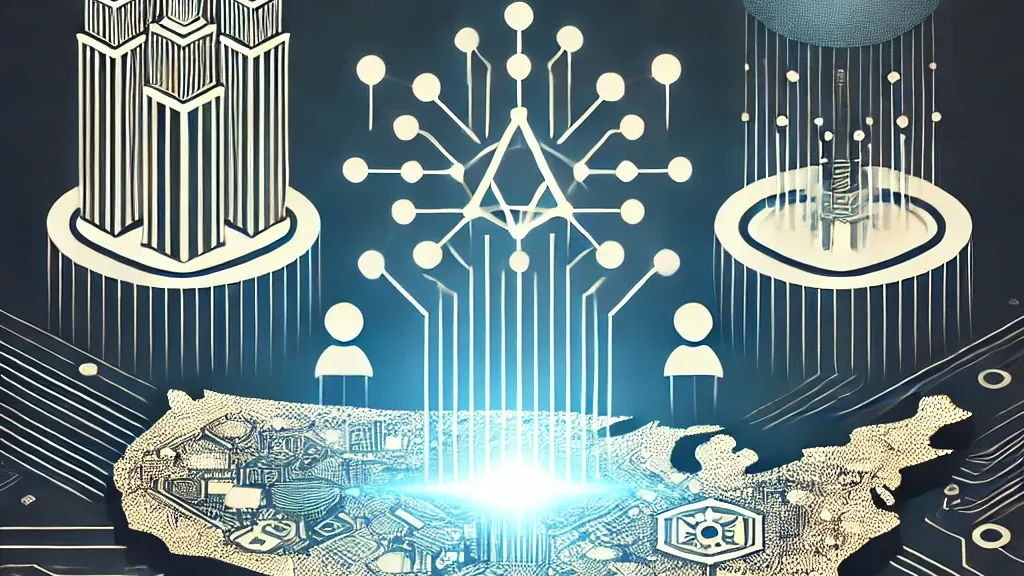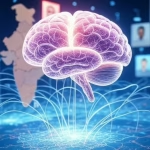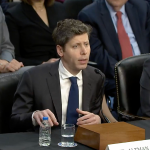Introduction
The influence of artificial intelligence and social media has extended far beyond technology—it now touches the very core of global diplomacy. Governments, corporations, and citizens communicate in real-time, blurring the line between public sentiment and policy. At the same time, celebrities have emerged as unexpected diplomatic figures, using their voices to advocate for justice, sustainability, and equality.
This convergence of technology, fame, and politics marks a historic shift in how international relations function. In this new ecosystem, algorithms amplify ideas faster than embassies can, and social media movements pressure world leaders to act. Diplomacy, once confined to closed rooms, has gone digital—and it is changing everything.
AI and the Transformation of Political Communication
Artificial intelligence has become the unseen architect of political messaging across the globe. Governments use AI-powered analytics to interpret public sentiment, predict election outcomes, and monitor global issues in real time. These tools allow politicians to respond faster, but they also raise questions about authenticity and manipulation.
In this new digital landscape, leaders depend on algorithms to maintain relevance, often tailoring their messages to trending online topics. While this increases engagement, it risks replacing genuine dialogue with performance-driven politics, turning governance into a competition for digital attention.
Celebrities as Global Diplomats
Celebrities have evolved into modern ambassadors, bridging the gap between culture and politics. Figures like Angelina Jolie, BTS, and Malala Yousafzai engage directly with international organizations, influencing discussions on human rights, education, and peace. Their social platforms have become global stages, reaching audiences traditional diplomacy often cannot.
Through their involvement, they humanize complex issues, transforming abstract policies into emotional stories that move millions. By combining empathy with exposure, celebrities are redefining how the world perceives activism, diplomacy, and leadership in the 21st century.
Social Media: The New Political Arena
Platforms like X (formerly Twitter), Instagram, and TikTok have become key battlegrounds for public opinion and global influence. Movements such as #MeToo, #BlackLivesMatter, and #ClimateAction have demonstrated how online activism can shape policies, challenge governments, and redefine international priorities.
However, the speed and scale of digital communication come with risks. Misinformation, echo chambers, and propaganda have turned social media into both a tool for empowerment and a weapon for division. Managing this balance remains one of the greatest challenges of the digital diplomatic era.
The Role of Technology in Crisis Response
AI has revolutionized how nations respond to global crises—from pandemics to climate disasters. Predictive models help governments allocate resources, while digital platforms enable rapid coordination during emergencies. These technological interventions save lives and improve transparency, strengthening global cooperation.
Yet, disparities in technological access mean that many developing regions remain excluded from these advantages. Without equitable distribution of digital tools, the world risks deepening divisions rather than closing them, reinforcing inequality at the very moment collaboration is most needed.
Cultural Power and Political Responsibility
Entertainment and politics are now intertwined in unprecedented ways. Streaming platforms, documentaries, and social media campaigns shape political consciousness among younger generations. Celebrities who once avoided political topics now use their influence to encourage voting, awareness, and accountability.
This cultural shift has given rise to a new form of soft power—one driven by emotion, visibility, and moral appeal. Governments increasingly recognize this trend, engaging with celebrities and influencers to strengthen diplomacy and connect with global youth audiences.
FAQs
How does AI influence modern diplomacy?
AI processes massive data sets to help leaders make informed decisions and predict political outcomes, enhancing global communication.
Why are celebrities now involved in international affairs?
They leverage their platforms to raise awareness about issues like climate change, gender equality, and education, reaching billions worldwide.
Can social media replace traditional diplomacy?
Not entirely, but it complements it by offering transparency, engagement, and real-time dialogue between citizens and leaders.
What dangers come with digital diplomacy?
Cyberattacks, misinformation, and data manipulation pose threats to credibility and trust in global relations.
Is technology bridging or widening global divides?
It does both—offering opportunities for progress while highlighting inequalities between technologically advanced and developing nations.
Conclusion
The fusion of artificial intelligence, celebrity influence, and digital communication has redefined how nations interact and how power is exercised. Diplomacy today unfolds in real time, shaped by tweets, live streams, and viral campaigns that influence policy as much as political summits do.
As the digital age advances, humanity faces a defining challenge: ensuring that technology amplifies understanding rather than division. The future of diplomacy will depend not only on innovation but on integrity, empathy, and the shared will to use digital power responsibly for the common good.





